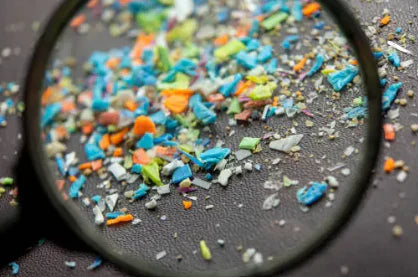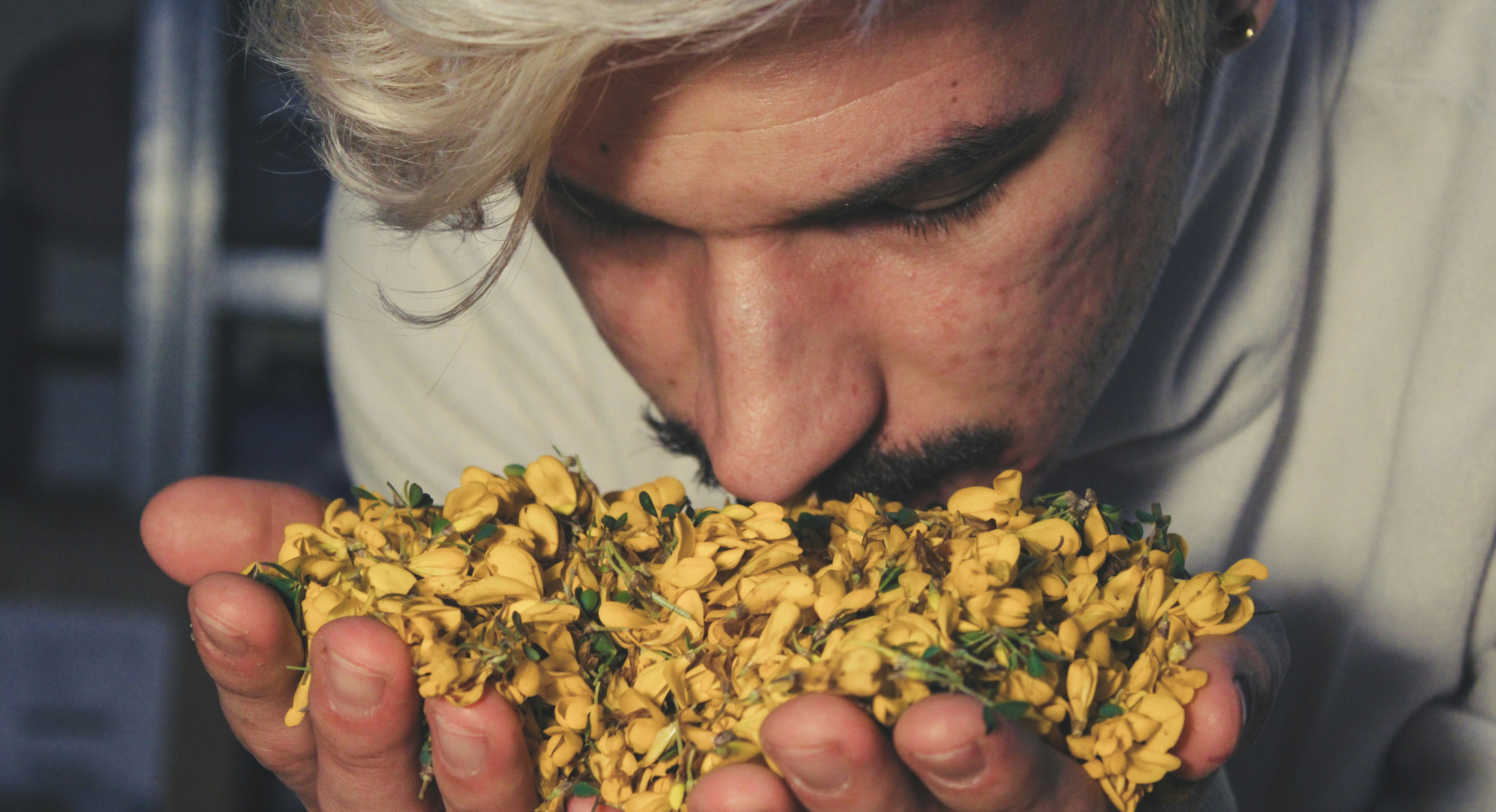The Hidden Impact of Microplastics on Our Sense of Smell

As we become increasingly aware of environmental pollutants, a recent discovery has raised new concerns—scientists have found microplastics in brain tissue, just above the nose. While microplastics have already made headlines for their presence in oceans and our food, this new finding could have a more personal and surprising effect: a potential impact on our sense of smell.
As a fragrance enthusiast, you probably treasure the joy that comes from experiencing different scents. But what happens if the very mechanism that allows us to enjoy these fragrances is compromised? Let’s explore what this discovery could mean for our sense of smell and how it might affect how we experience the world around us.
What Are Microplastics?
Microplastics are tiny plastic particles, often smaller than 5 millimeters, that come from a variety of sources, including synthetic clothing fibers, cosmetic products, and industrial waste. They're everywhere—in the air we breathe, the water we drink, and, now, even in our bodies. This new research suggests that microplastics could travel through our nasal passages and end up in the brain, specifically above the nose, which houses the olfactory bulb, the key player in how we detect and process smells.
How Could Microplastics Affect Our Sense of Smell?
The olfactory bulb, located just behind the nose, is a crucial part of the brain responsible for detecting smells and sending those signals to be processed. If microplastics are accumulating in this region, there's reason to believe they could interfere with how we perceive fragrances. Some potential effects include:
- Inflammation: Microplastics are known to cause inflammation in tissues, and inflammation in the olfactory bulb could hinder its ability to send signals, making it harder to detect scents.
- Neurotoxicity: Certain microplastics can carry toxic chemicals, which could damage olfactory neurons or disrupt their function over time.
- Diminished Smell Sensitivity: If microplastics are impacting the health of your olfactory system, you may find that scents seem less intense or harder to identify.
Why Should Fragrance Lovers Care?
For those of us who live for the world of fragrances, our sense of smell is more than just a utility—it’s a gateway to emotion, memory, and enjoyment. Whether you’re savoring the scent of a loved fragrance like Peony Silk, or enjoying the familiar comfort of a favorite perfume, your ability to appreciate these experiences could be diminished if microplastics affect the health of your olfactory system.
This new research should encourage us to think about how we can protect one of our most valuable senses. The idea that an unseen pollutant could alter how we perceive the world is a stark reminder of the unseen consequences of environmental damage.
What Can You Do?
While the long-term effects of microplastics on our sense of smell are still being studied, there are steps we can take to minimize our exposure:
- Air Quality: Consider using air purifiers in your home to reduce airborne microplastics.
- Water Filters: Use filters designed to reduce microplastics in drinking water.
- Sustainable Choices: Reduce your reliance on single-use plastics and synthetic fibers to minimize microplastic pollution.
Final Thoughts
As more research is conducted, we’ll likely learn even more about how microplastics impact not only our health but also our senses. For fragrance lovers, this discovery is a reminder that protecting our environment is closely linked to preserving the sensory experiences we cherish most.
So, the next time you spritz on your favorite scent, take a moment to appreciate the intricate systems that allow you to experience it—and consider the steps we can all take to keep those systems healthy.
By understanding how something as small as microplastics can affect our lives, we can better appreciate the importance of protecting the planet—and ourselves.



